BY WALTER OPINDE
On this day, 9th June, 1978, the Church of Jesus Christ of Latter-day Saints desegregated its priesthood, so that anybody chosen by God could ascend to priesthood regardless of the color of his/her skin. African-Americans could finally become priests or ascend to higher posts of the priesthood in the church.
From the inception of the 1800s until 1978, throughout the mid-1800s The Church of Jesus Christ of Latter-day Saints (LDS Church) had a policy that prevented most men of black or African descent from being ordained to the church’s laity priesthood. Black members of the church were also not permitted to participate in most temple ordinances. These beliefs influenced the views on civil rights. The priesthood of other Mormon denominations, such as the Community of Christ, Bickertonite and Strangite, have always been open to persons of all races.
Upon the death of Joseph Smith, Brigham Young taught that black suffrage was against the church doctrine, that God had taken away the rights for blacks to hold public office, and that God would curse whites who married blacks. Abolitionists of the time criticized these views.
Even though the church had an open membership policy for all races, relatively few black people who joined the church retained active membership. Young did teach that the ban on blacks would one day be lifted. He also stated that that black church members would one day receive the priesthood and its blessings, but only after this life when the other saints would receive similar blessings. He was instrumental in officially legalizing slavery in Utah Territory, teaching that the doctrine of slavery was connected to the priesthood ban.
By the 1960s, Mormon attitudes about race were generally close to those of other Americans. As such, before the start of civil rights movement, the LDS Church’s policy went barely unnoticed and unchallenged. However, by the beginning of the 1960s, the church was criticized by civil rights advocates and religious groups, and by 1969, several church leaders voted to withdraw or overturn the policy. Nonetheless, the voting was not unanimous among the members of the First Presidency and Quorum of the Twelve Apostles, so the policy remained in place.
In 1978, the First Presidency and the Twelve, led by Spencer Kimball, W., declared that they had received a revelation instructing the church leadership to reverse the racial restriction policy. The change seemed to had been prompted at least, in part, by the problems that faced people from mixed races.
Today, the church opposes racism in any form and has no racial discrimination policy.
In 1997, there were approximately 500,000 black members of the LDS Church, accounting for about 5% of the total membership. Most black members, until lately today, lived in Africa, Brazil, and the Caribbean. As from the early 21st century, the fastest and most sustainable growth experienced by the LDS Church has been among the black populations in West Africa, especially in Ivory Coast.
Read more of the story via: http://religionnews.com/2013/12/19/mormon-racism-black-self-hatred-zion-darron-smith/
Sources
Evenson, Darrick T. (2002), Black Mormons & the Priesthood Ban: Also Includes The Black Mormon Homepage, Testimonies of Black Latter-day Saints. Salt Lake City: Mormon Answers Online.
Bringhurst, Newell G. (1981). Saints, Slaves, and Blacks: The Changing Place of Black People within Mormonism. Contributions to the Study of Religion, No. 4. Westport, Connecticut: Greenwood Press.

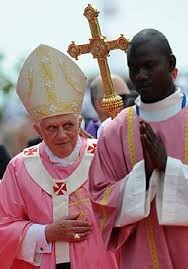



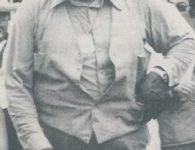
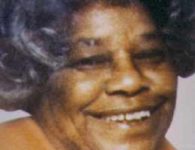



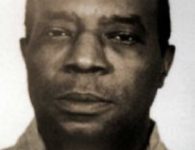

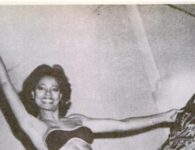

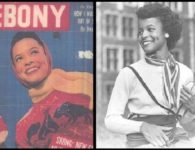

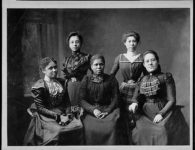
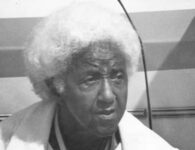
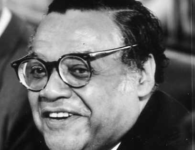


2 Comments
5/17/2019 In my opinion, blackthen.com does a great job of handling subjects of this type. While frequently intentionally polemic, the material posted is generally well researched and thought-provoking.
I’m gratified by the manner in which blackthen.com deals with this type of topic! Usually to the point, often polemic, always well-researched and also thought-provoking.